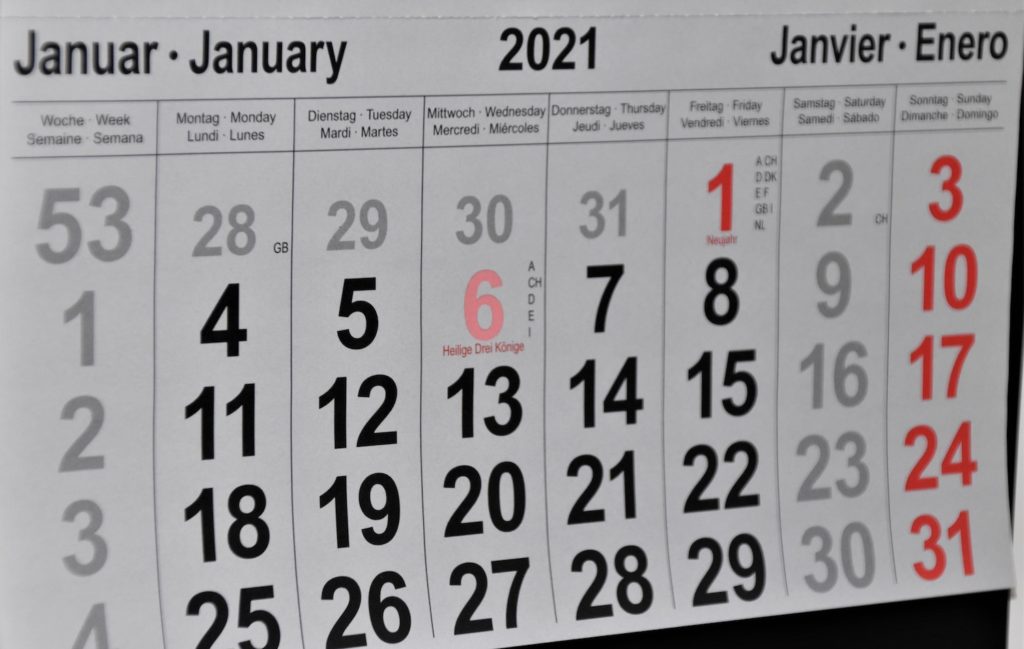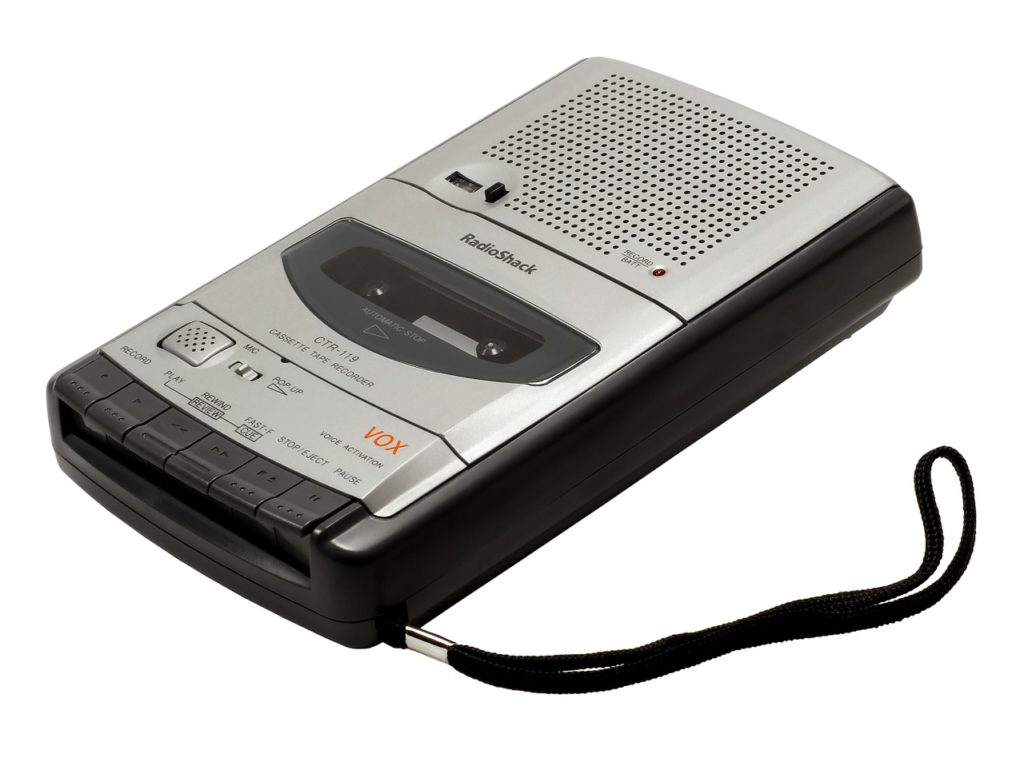
Is Artist Management Software Worth It?
You Need Artist Management Software
In a given month, how much time do you spend managing holds and booking shows? Artist management could be a full-time job, and for many venue managers, it is. Even with the consequences of COVID-19, the venues that have found a way to remain open are trying to fill their calendars with acts well into the future in the hopes that things will get back to business as usual sooner than later.
In an article, “When Will Live Music Return,” Rolling Stone quoted a WME music executive who predicts a “Roaring Twenties” when shows are allowed to return post-COVID. Other insiders expect the same, creating a bit of fear and uncertainty amongst artists, managers/agents, talent buyers, promoters, and venues alike who now recognize that they will have to navigate a hyper-charged competitive landscape as everyone clamors to book shows. It will be common for a venue to book three shows a night throughout the week just to keep up with demand.
All of the changes and the early bookings make it challenging for even the most organized venue manager to manage now, let alone when the predicted floodgates open. Managing all of the chaos will be harder than ever, especially for those without some way to stay organized and efficient. That’s where artist management software comes in, automating the process and providing pretty cool functionality you likely never had before – at least not in one place.
What Is Artist Management Software?
Some artist management software is geared specifically for artists, helping them organize their life and work. It might include everything from a calendar and email platform to a repository to archive sheet music, set arrangements, and gig requirements.
But artist management software made specifically for non-artists exists as well, serving the needs of talent buyers, booking agents, promoters, and venue managers. This type of music management software, such as that developed by Prism, gives music professionals an all-in-one, mobile solution that covers everything from holds to settlement.
Related: Music Venue Management: Moving Past Spreadsheets to Track Concert Budgets
Users can easily collaborate; share files, data, and calendars; track revenue, expenses, and budgets; send settlements with a click; and so much more. Everything you need is in one place, accessible from any device. The software replaces bulky spreadsheets, disconnected calendars and financial systems, and buried emails and written notes. Instead of wasting time digging through different systems and tracking conversations, you can be building relationships and booking more shows.
Anyone in the live music world knows the dance between talent buyers, booking agents, and promoters. It’s all about relationships – who you know. When a booking agent or promoter reaches out to a venue or its talent buyer, they have a date and timeframe in mind for their artist’s gig. They know the venue their artist’s schedule and availability. Now, it’s just a matter of matching that up with the venue’s openings. Not always so easily done.
See if this sounds familiar. In an article posted by The Growler, the author highlights just some of the management hurdles bands and venues face, saying, “Sometimes bands’ touring plans are in flux, so venues like First Avenue have a system of ranked ‘holds’ on the spaces to help decide who will have the opportunity to play a room – and who has next dibs if an artist has to release a hold before signing a contract.
“Whoever reaches out first gets the first hold. It builds like that for second, third, fourth, fifth hold – and then whatever band who’s holding gets to the point in the conversation where we agree on an offer, we go through the list with a process called ‘challenging’ for the date.”
This process includes the booking agent or venue manager contacting every artist in a hold position ranked ahead of an artist’s position to challenge their hold on a particular date, either confirming the date or releasing it.
Typically every interaction involves back-and-forth negotiations before all parties settle on a date. But these one-time deals aren’t always the nature of the business. Booking agents and talent buyers can work together for months or many years to help develop artists’ careers, perhaps starting them off in smaller venues and as their fanbase grows, transitioning them to larger venues.
Related: How Z2 Entertainment Transitioned Their Business to Prism
Beyond the calendars are the contractual terms that have to be negotiated. Talent buyers have to work with the band’s agent to come up with fair compensation for the gig. Will the artist be guaranteed a certain amount for playing only? Or will they get a share of door sales? A share of additional revenues if ticket sales go beyond expectations?
And how do they know what terms to negotiate so that everyone makes money? What are the budgets and break-evens?
All of this presents a massive amount of work that requires significant organization. The Growler article features a local talent buyer who admits that most of his day is sitting in front of a computer working on emails, answering phones, and checking social media. “It’s kind of a desk job,” he says.
The “desk job” is precisely what artist management software is intended to eliminate. When you can access the software via your mobile device, you aren’t chained to a desk. You can work from anywhere at any time. You could be visiting a venue, at lunch with a promoter, or across the country listening to a band you’re interested in bringing to town. It’s a much better use of your time and can help you grow your business much faster.
Everything needed to manage holds, book shows, stay on top of calendars and contract details, create offers, keep track of financials and budgets, and send settlements are all in one place. And you can add internal and external stakeholders to the party, assigning them with whatever access rights you feel are appropriate.
No matter how complicated and complex the process becomes, you have the capability to automate and streamline your operations to manage it all more efficiently and profitably. Arist management software, particularly if post-COVID predictions are correct, will reduce the real threat of you becoming overwhelmed and losing opportunities to build your brand and your revenue.

Matt Ford is the founder and CEO of Prism.fm, an Austin-based software company revolutionizing live music event management. With a background in entrepreneurship and a degree from the University of Wisconsin-Madison School of Business, Ford combined his self-taught coding skills with firsthand experience as a concert promoter to address the inefficiencies he observed in the industry. In 2018, he launched Prism.fm, an all-in-one platform designed to streamline operations for venues, promoters, and agencies by replacing cumbersome spreadsheets with integrated tools for booking, financial tracking, and contract management. Under his leadership, Prism.fm has grown significantly, achieving $3 million in annual recurring revenue post-COVID and securing over $15 million in funding . Ford’s commitment to building user-centric solutions has positioned Prism.fm as a trusted partner for over 1,500 venues and promoters worldwide.



